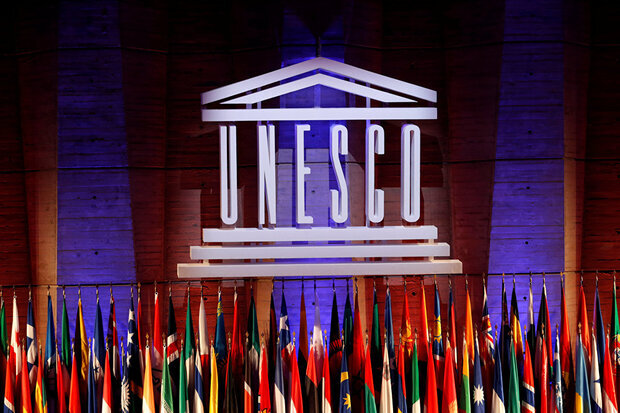Tehran to host UNESCO meeting on intangible cultural heritage

TEHRAN – Tehran will be hosting a session of the intergovernmental committee for the safeguarding of intangible cultural heritage.
The fifth meeting of the intergovernmental committee for the safeguarding of the intangible cultural heritage in West and Central Asia will be held in Tehran’s Laleh Hotel on June 26 and 27, IRNA reported on Saturday.
So far, a wide variety of Iranian elements from traditional skills of building and sailing Iranian Lenj boats in the Persian Gulf to Radif of Iranian music, and from pilgrimage to the St. Thaddeus Monastery to the art of the miniature have gained a place on UNESCO’s list of the Intangible Cultural Heritage of Humanity aimed at protecting the cultural achievements of the nation.
According to the UN cultural body, an intangible cultural heritage refers to “traditions or living expressions inherited from our ancestors and passed on to our descendants, such as oral traditions, performing arts, social practices, rituals, festive events, knowledge and practices concerning nature and the universe or the knowledge and skills to produce traditional crafts.”
Approved by the UNESCO General Conference on 17 October 2003, the Convention for the Safeguarding of the Intangible Cultural Heritage works on both national and international levels.
At the national level, state parties are supposed to take necessary measures to ensure the safeguarding of the intangible cultural heritage present in its territory. These measures include the identification of the intangible cultural heritage that exists in its territory, the adoption of appropriate policies, the promotion of education, and so on. Besides, in taking these measures, each state party must “endeavor to ensure the widest possible participation of communities, groups, and, where appropriate, individuals that create, maintain and transmit such heritage, and to involve them actively in its management.”
At the international level, this convention promotes cooperation, which includes "the exchange of information and experience, joint initiatives, and the establishment of a mechanism of assistance" to other state parties.
AFM
Leave a Comment